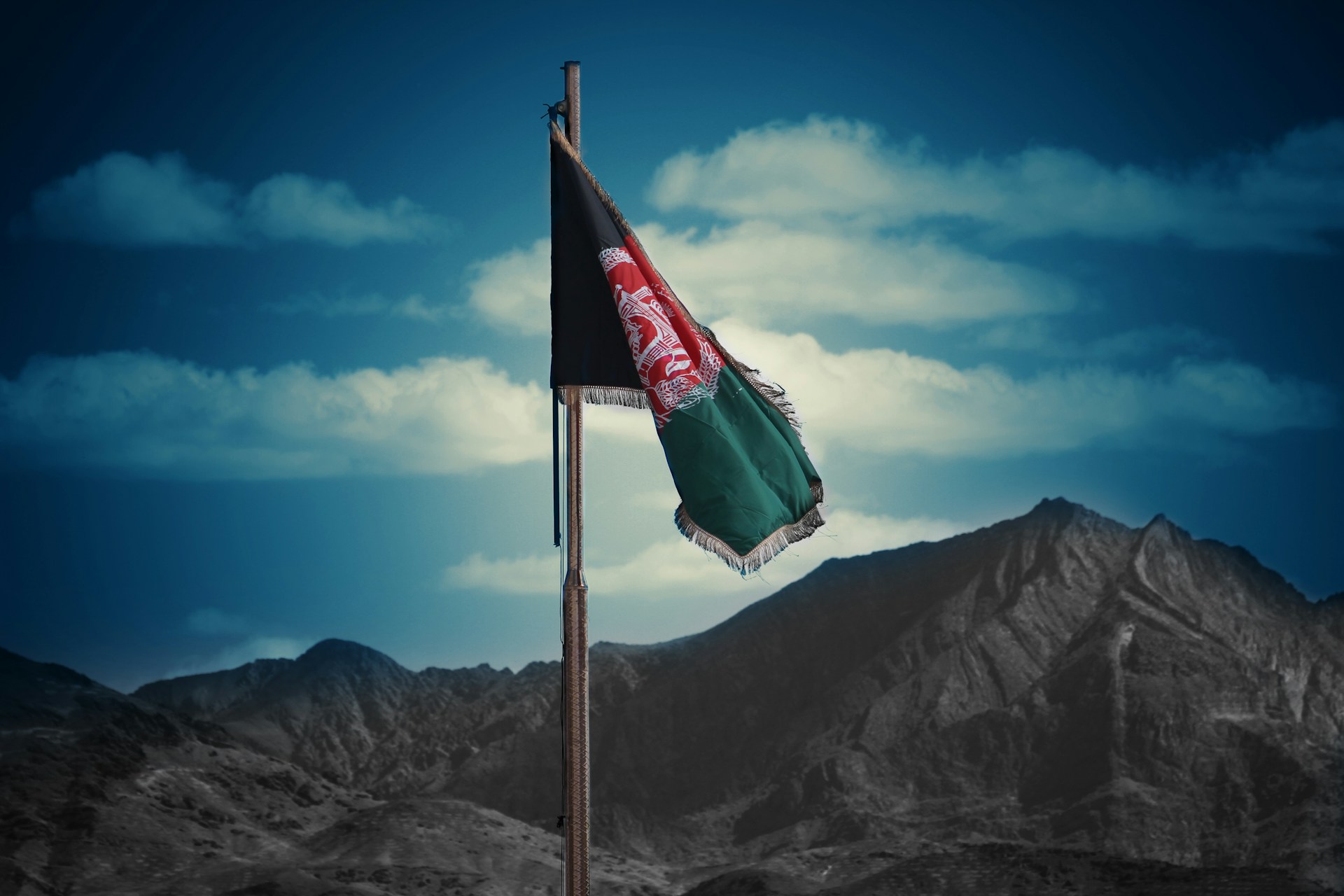A senior American diplomat has once again taken exception to the restrictions the interim government in Kabul has imposed on Afghan girls and women.
“By our count, the Taliban have issued over 50 decrees restricting what Afghan women do, where they go, what they wear, when they can be seen,” says the US chargé d’affaires to Afghanistan.
Speaking to senior journalists on Wednesday, Karen Decker said no other country in the world had so completely erased half its population.
The curbs did not reflect Afghanistan’s history or culture, she insisted, regretting school doors remained closed to Afghan girls above the sixth grade for the third year in a row.
Ensuring the rights of all its citizens, including women, was a strategic imperative for Afghanistan, she observed.
“And it’s not because the US says so. It’s because the Afghan people have said repeatedly, they want women to be educated, they want women to work, and they want women to participate in public life.”
The envoy argued depriving girls of education limited the Afghan workforce’s efficiency and undermined Afghanistan’s economy.
The ban on women workers was costing Afghanistan an estimated billion dollars a year, the envoy pointed out, saying Afghanistan could not afford to leave a single income‐generating Afghan at home.
She went on to refer to IEA leaders’ desire for an end to Afghanistan’s reliance on foreign aid. But cutting off education and employment to half the population prolonged dependence on aid, she said.
Enduring its worst drought in 27 years, Afghanistan had experienced flash floods, she noted. As a result, food production has declined and people driven from homes.
Decker added a lack of clean water combined with a lack of knowledge about waterborne diseases increases illness, with women and girls usually nursing their family members back to health.
Finally, the diplomat continued, a lack of water for livestock and crops increased food insecurity and debt.
“Women should be part of every conversation Afghans are having about the future of their country, including how to grow the economy across all sectors,” the chargé d’affaires stressed.
By educating girls and empowering women in the workplace, Decker said: “We not only advance gender equality, but we also strengthen Afghanistan’s resilience.”
For its part, the Islamic Emirate of Afghanistan has repeatedly said it respects women’s rights in the framework of Shariah. It has also promised reforming and resuming the education process for girls.
mud
Views: 34












